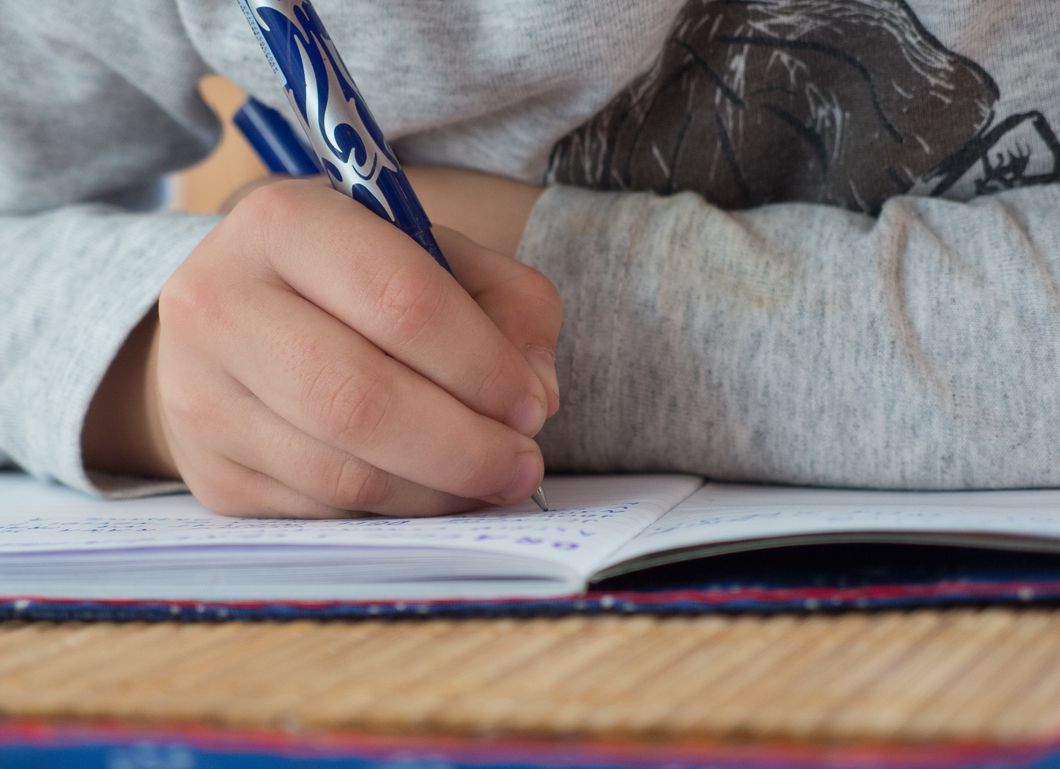Finals are here once again, and they will arrive whether we are or are not prepared. Fortunately there are some small tips that can go a long way towards being successful on these heavily weighted tests. Here's the best 5 tips to help get a good grade on even the most difficult finals.
1. Take Good Notes
The key to doing well on any exam is to try to make it to every class and take good, detailed notes. Sometimes professors don't include tiny but important details in the slides that get uploaded so it is important to make sure that you write down as much as possible, not to mention that it has been proven that writing something down helps immensely with your ability to remember that information.
2. Read The Book
It is not uncommon for classes to rarely reference the textbook, or in many cases just use it to assign homework. It may seem that the entirety of the information you need for exams would be taught in class, but textbooks can actually help in many ways. Going through the chapters on the final from the book can give you a different perspective on the subject matter then the one that the professor taught from. Additionally, referencing the text for a class can help reinforce the baseline of the concepts covered in lecture, allowing you a deeper understanding of the material, which helps raise confidence in your knowledge when exam time finally comes.
3. Reference Previous Exams
Since most final exams tend to be cumulative, it is extremely helpful to return to the exams you have previously taken in the class. This can help you familiarize yourself with the format of the questions that the professor likes to give, as well as refreshing your knowledge on the most important topics from earlier in the semester. Even if the exam is not cumulative, being familiar with the format is an extremely important part of doing well on an exam.
4. Use Sample Exams Sparingly
It is very common for professors to hand out, or post online, a sample exam containing questions similar to the ones that may be on the exam. It is very tempting to use these exams with their solutions without doing any hard studying. It is very important to go through the sample exam without the solutions and, at the very least, attempt each problem before looking at each solution. When looking at the solutions first, you may instill a sense of false confidence in yourself as the answers seem obvious because they are right in front of you. This could lead to you being very confused when faced with a slightly more difficult problem on the actual exam, whereas if you attempted the problems without the solutions you will be more prepared to deal with problems you may not immediately know the answer to.
5. Take Breaks
This tip could be the most important of all. Many students feel like they have to cram for their exams in many-hour studying sessions, but that can actually cause you to do worse on the exam. It is important to take frequent breaks, recommended 5 minutes for every 30 minutes of studying, to help rejuvenate and relax your brain to help retain information better. Whether it is 5 minutes of listening to your favorite songs, doing jumping jacks, or going to get a snack, taking a break can help you de-stress for when you return to the studying grind.

















